Visiting the National Memorial for Peace and Justice in Montgomery, AL, was something I’d wanted to do since I first heard about it in 2018 but living in Kansas and not having much in the way of disposable funds made it something I had to throw on the back-burner for a while. It wasn’t until I went back to school to pursue my English/Creative Writing degree at Washburn University in Topeka, KS, and got invited to Sigma Tau Delta that I was able to move the dream of visiting Montgomery to the front-burner. Thanks to being a recipient of the Lambda Iota Tau (LIT) Research Grant, I visited the Memorial in June of 2022 and really came away a changed person and writer by the end of my week-long trip.
My whole reasoning for wanting to visit the National Memorial for Peace and Justice was because as a lover of history, I wanted to know more about what was displayed there, which included a robust memorial to America’s lynching victims that served as a special and rare archive and collection itself. It is the only one of its kind in size and scale in the US that memorializes lynching victims the way it does, by erecting and suspending iron pillars with the states, counties, names of the victims, and dates of their murders. It was a truly solemn place to be in every time I went, and I discovered that the scope of my original purpose for the visit needed to be expanded.
When you really think about it, stories, whether fiction or nonfiction, are what drive us as humans. Books, poetry, oral re-tellings, music, movies, they are all stories, and it isn’t a reach to say that there aren’t many people on this planet who don’t enjoy them in one form or another. When I had the idea of visiting the National Memorial for Peace and Justice—sometimes called the “Lynching Memorial”—I knew I wanted to tell stories about some of the victims memorialized there. We all know some of the suspected particulars of what happened to the victims and the endings to their stories, so I had no intention of re-telling those. However, what is it about their lives that we don’t know? Or if the information is out there, doesn’t get told? This is where I decided to go with my writing, and in particular, in the poetic form. I have written fiction and nonfiction pieces before, and poetry felt like the best medium to say what needs to be said.
Because of the LIT Grant, I can now embark on my mission to write a collection of poetry based on the hidden stories of some of the lynching victims that are memorialized in Montgomery. The memorial recognizes close to 4,000 names, so I can’t do justice to all of them, but I will do my best to accurately and passionately convey the stories I do choose. Luckily, I have the great honor and privilege of being guided by the former Poet Laureate of Kansas, Prof. Eric McHenry, to make sure I’m writing with intention and using the best words possible. I have been able to share my story (and some early drafts of poems) with his poetry class and with other students and staff at Washburn’s Transformational Experience event and the reception has been encouraging, so I feel like I’m on the right track and I can’t wait to share these stories—and my writing—with a wider audience.
Another Celebration
Kris Bailey
Dey said to sit and wait behind dees bars
and as it was, I heeded dey commands
because I knew dey light and I was dark.
Dey promised me a trial was at hand,
but damn if I ain’t tryna lee dis place.
No food and all dis heat sho’ ain’t no joke
but lissen here, da smile on my face
was big when all dem boys came in and broke
me out! And I could hardly stand but dey
paraded me aroun’ fo’ all to see.
Befo’ dey took me to da bridge, I say,
Dat white girl dere, she happy as can be!
They didn’t let me turn around to check.
The trial was the noose around my neck.
 Kris Bailey
Kris Bailey
Lambda Iota Tau (LIT) Research Grant Recipient, 2022
Phi Rho Chapter
Washburn University, Topeka, KS
Lambda Iota Tau (LIT) Research Grant
Lambda Iota Tau (LIT) Research Grants are designed to support individual members at the undergraduate or graduate level as they complete original research that furthers the goals of the Society. Grant money of up to $1,000, with up to $500 for runners-up, will support travel to and use of archives or collections important to their research. The winning applicants will demonstrate the relevance of the research to English and English-related fields and may also describe the effect on current coursework, future research, or career pursuits.
Applications Open: March 11 – April 15, 2024—All research travel and the resulting written or presented outcome must be completed before May 2025.
Past LIT Grant Recipients
An Idea, An Idea—A LIT Research Grant
Discarded Garbage: Poetic Images of Humanity
Writing On Both Sides, A Tale of Literary Obsession
What Do I Write?
More from Footnotes: March 5 2024
Apply for Spring Scholarships
2024 Convention Update
100 for 100
Journal Submissions


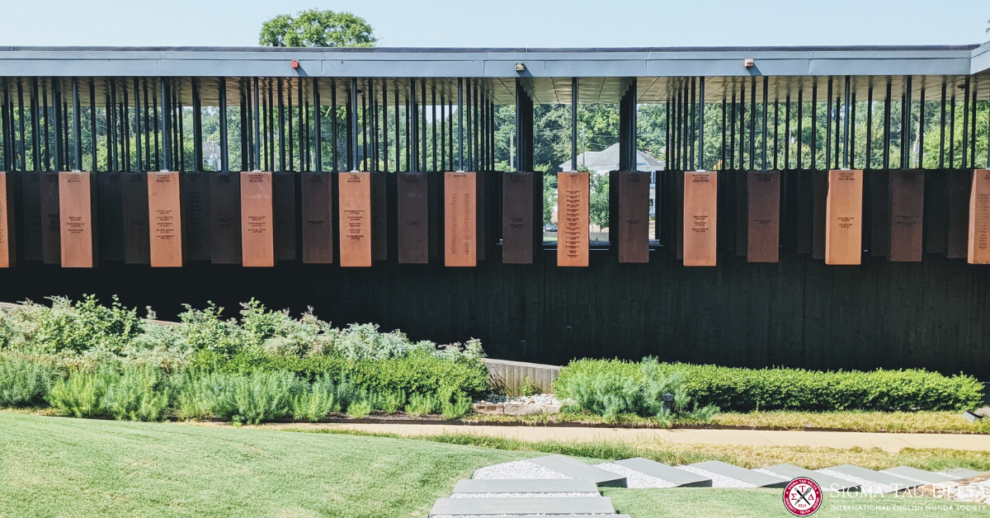
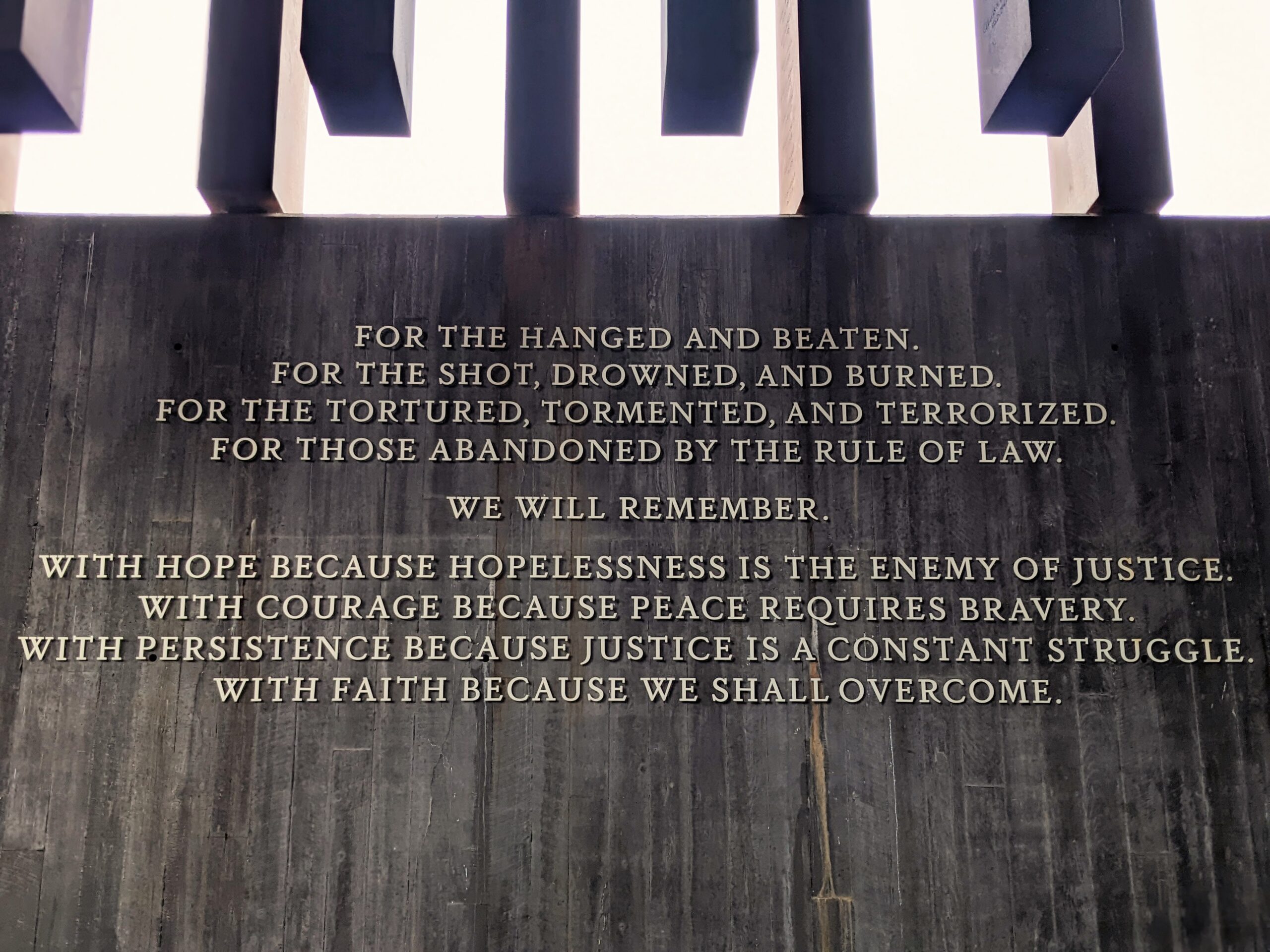
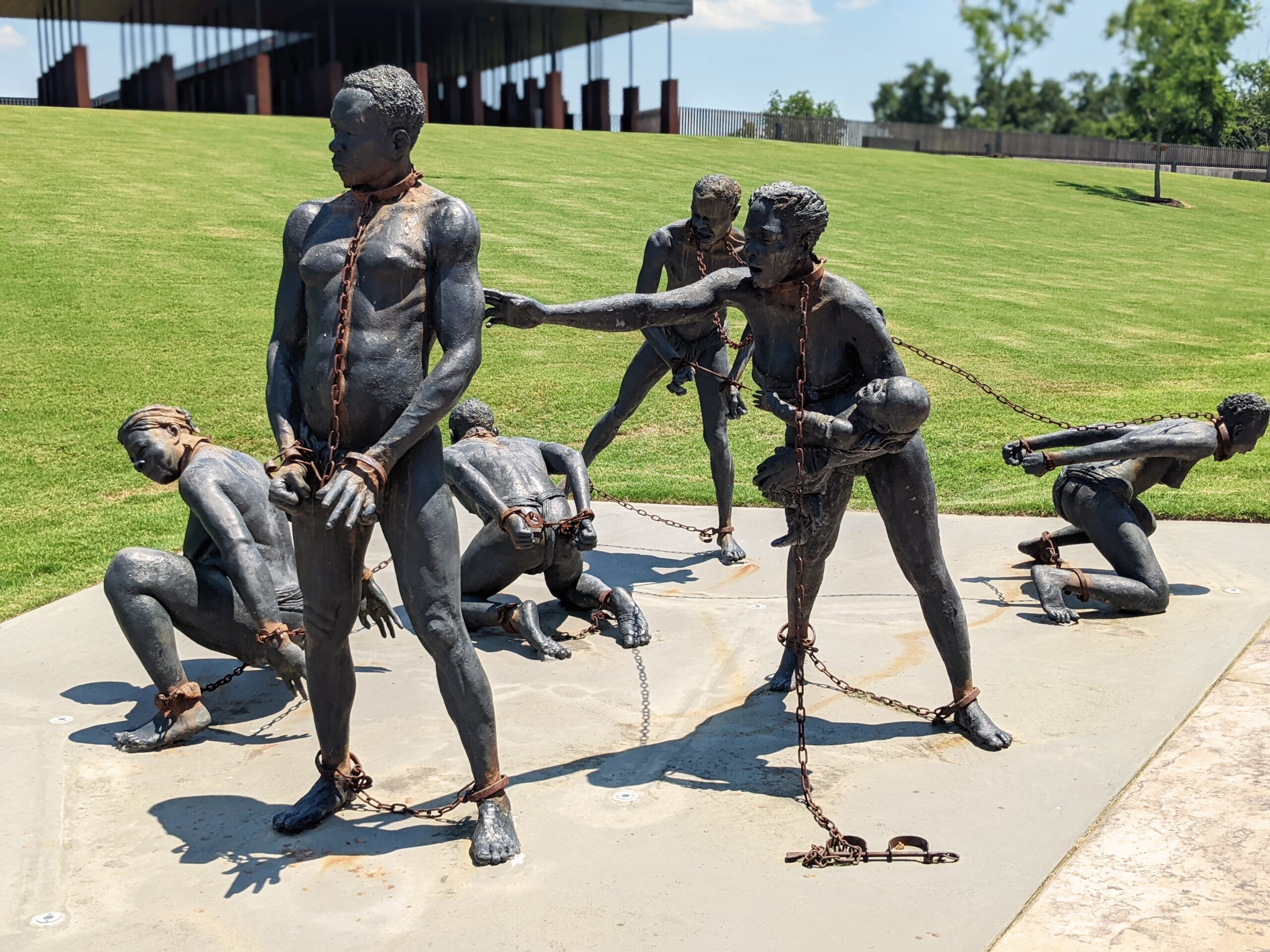
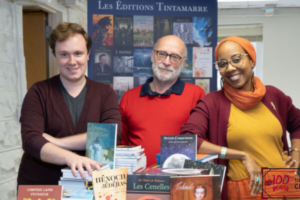
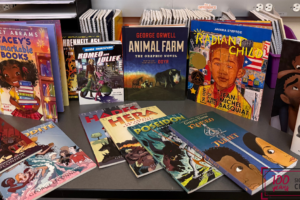
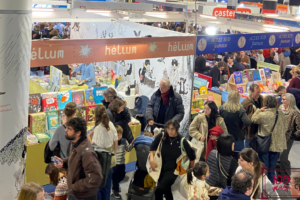
Add Comment